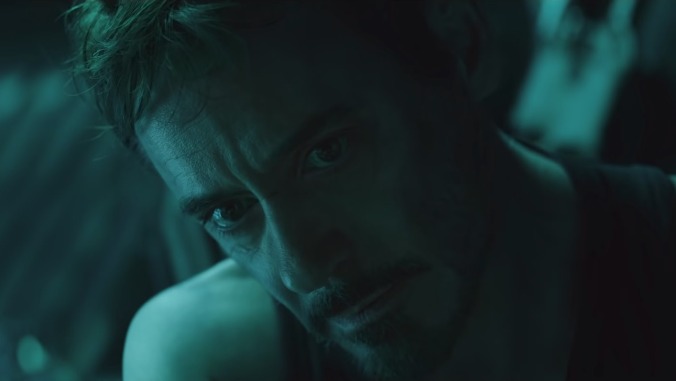Joe Russo and Stephen McFeely on Endgame's confusing approach to time travel: "Time travel is a construct"

Note: The following post contains major spoilers for Avengers: Endgame.
So, we’ve finally reached a point where we can freely talk about the somewhat confusing implementation of time travel in Avengers: Endgame, right? If you don’t think so, you’re free to stop reading, but there are still some questions as to how certain consequences (or lack thereof) were determined — like the successful resurrection of Gamora, whose mortality should have been sealed by the Soul Stone, or Nebula’s ability to kill off her past self without any present-day repercussions. There are theories to spare, but whichever one you ultimately adopt, it helps to remember that time travel, um, isn’t real.
At least, that was part of Joe Russo and writer Stephen McFeely’s explanation of their process for incorporating time travel into Endgame. According to MTV News, Russo and McFeely tackled time travel and what it meant for the heroes. “Ultimately we realized that, look, time travel doesn’t exist, so it’s a ludicrous notion,” explained Russo. “It’s a construct of genre filmmaking and you know, I think when we all bought in on it was when we realized the emotional scenes that could take place between the characters and people that they loved who are no longer with them… So, ultimately, if you’re entertained by them coming up with the plan, executing the plan, and then you’re emotionally fulfilled by what they do while they’re executing the plan, it’s worth the construct.”
McFeely emphasized that the execution wasn’t just about collecting stones, but also healing people, which admittedly did happen on more than one level for both the characters and sections of the audience. So does the feel-good end justify the sometimes nonsensical means? That’s up to you.